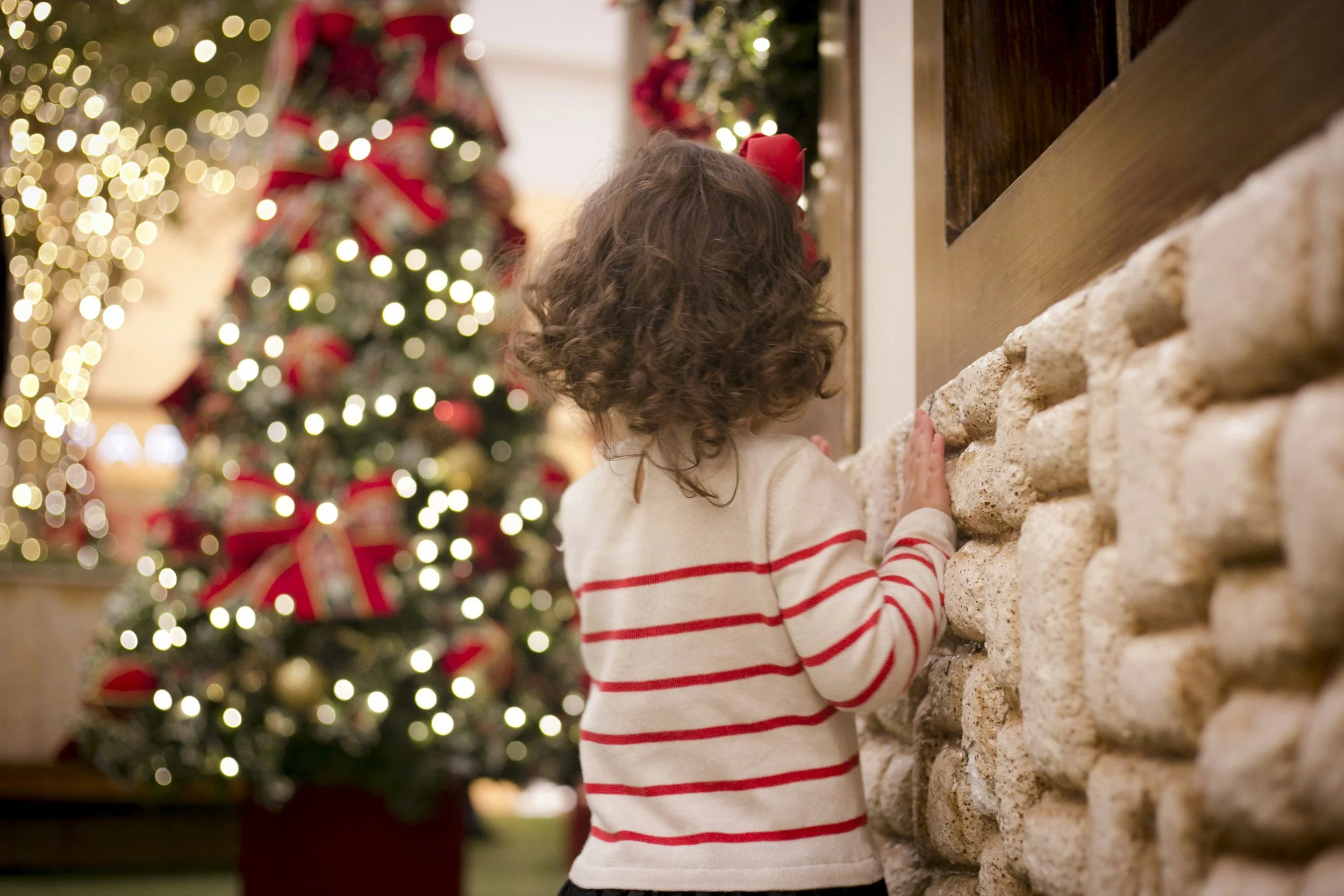Preparing for Holiday Disruptions: Supporting Your Child During a Winter Break
By: Rachel Nicholson, Advocate
The holiday season is full of excitement, family gatherings, travel, and changes to daily routines. For children with IEPs or 504 plans, these changes can be both super fun and extremely challenging. Even short breaks from school can affect learning, behavior, and emotional regulation. With a little planning, you can help your child stay on track while still enjoying the holidays.
Plan Ahead for Routine Changes
Children usually thrive on consistency and predictability. Shifts in sleep, meals, or daily activities can feel disruptive. Think about the routines that are most important for your child and try to maintain them. This could mean keeping a consistent wake-up and bedtime schedule, setting aside short blocks of time for reading or other learning goals, or creating a visual calendar that shows what will happen each day. Talk to your child about what to expect when there are disruptions in the normal routine. A great way to prepare is by reading and role playing social stories.
Communicate with Teachers and Support Staff
Check in with your child’s teachers, service providers, and/ro support team before the break. Ask if any services will continue during the holidays and whether they can suggest activities or materials for home practice. Even small activities can help maintain progress without feeling like extra homework.
Incorporate Learning Into Everyday Activities
Everyday tasks can support learning goals. Reading recipes, wrapping gifts, counting decorations outside, or writing holiday cards can reinforce reading, math, writing, and social skills. Look for ways to naturally blend learning into holiday and winter traditions so it doesn’t feel like extra work.
Prepare for Emotional and Behavioral Changes
Excitement and changes in routine can lead to anxiety or frustration. Give your child advance notice about new schedules or events. Identify quiet spaces or calming strategies they can use if they feel overwhelmed. Social stories or relevant books can help your child understand what to expect in new situations.
Keep Notes and Celebrate Wins
Take a few minutes each week to note successes, challenges, or strategies that worked. Did your child manage a longer outing, try something new, or stay calm during a family activity? These observations are useful to share with teachers or your support team and help guide future planning. Celebrate small victories… they matter.
The holidays and school breaks don’t have to derail your child’s progress. With planning, communication, and flexibility, you can support learning, maintain important routines, and still enjoy the joy and traditions of the season. The goal is balance: honoring your child’s needs while making space for family, fun, and holiday memories.


